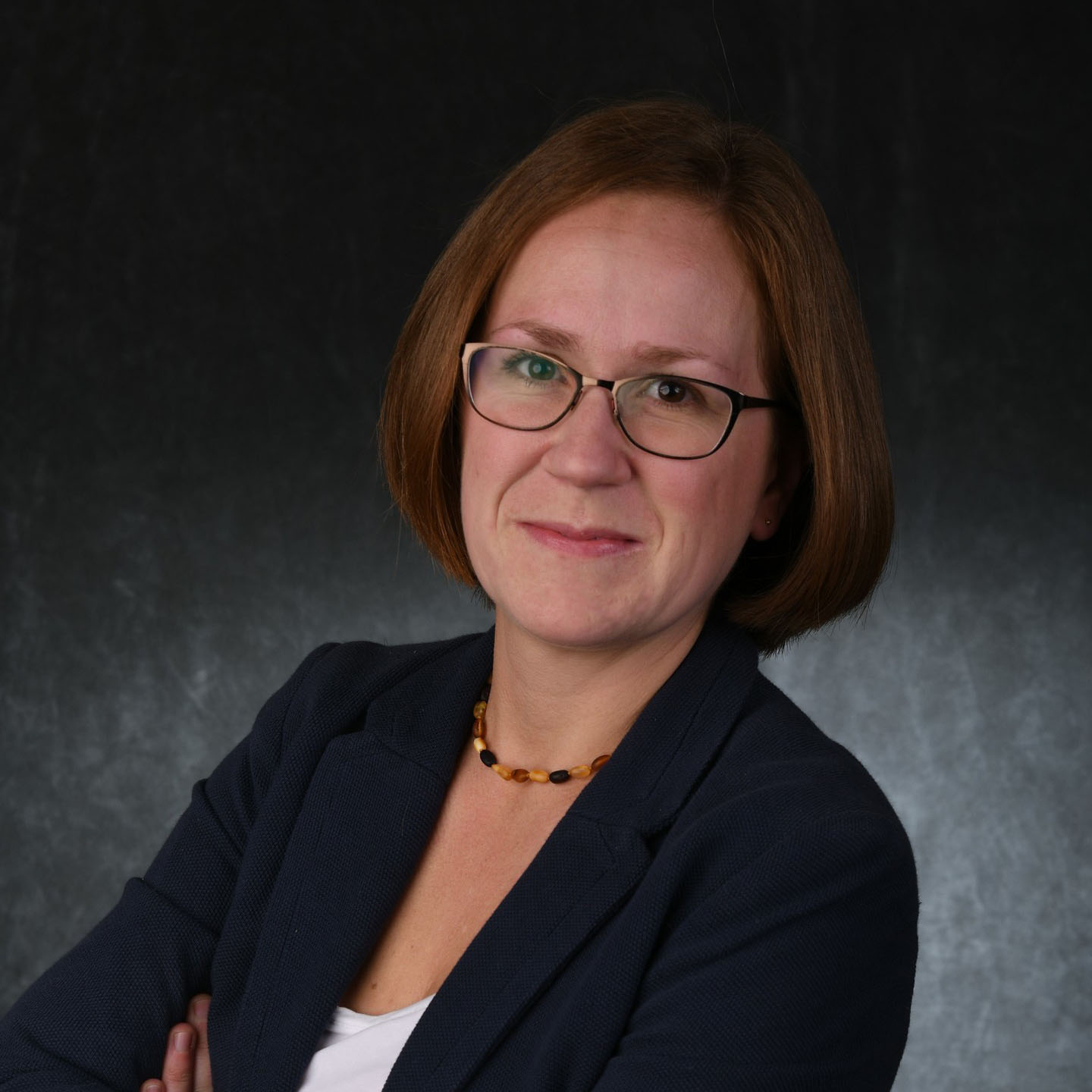In honor of National Disability Employment Awareness Month, we discussed NCSER-funded research on transition support for students with disabilities with principal investigators Meg Grigal and Clare Papay. Transition services prepare students for life after school and can include activities such as job training, post-secondary education, and support for independent living and community participation. This research team’s project, Moving Transition Forward: Exploration of College-Based and Conventional Transition Practices for Students with Intellectual Disability and Autism, examines outcomes for two transition approaches: a college-based transition and the conventional approach provided by most local education agencies. In the interview below, the researchers discuss recent results and how this information can improve the quality of transition services for students with disabilities.
What is the purpose of your project? What motivated you to conduct this research?


The bulk of existing transition research reflects knowledge about conventional transition services,
or those services received by students with disabilities in high schools. An alternative approach, called college-based transition services, has been around for over 20 years, providing students with intellectual disability and autism a chance to experience college while continuing to receive support through special education. We wanted to explore and compare these two types of transition experiences and assess the outcomes for students. Using two existing datasets, our project conducted a series of interrelated analyses to look more closely at the transition services students with intellectual disability and/or autism (ID/A) are accessing and the association with youth outcomes in employment. Our hope is that our findings will contribute to the knowledge base on research-based college and career preparation for youth with ID/A.
Could you explain the difference between the two transition approaches (college-based and conventional) you are examining and how each prepares students for post-school life?
“Conventional transition services” is our way of describing the transition services typically provided to youth with disabilities across the United States. These services are documented in the data from the National Longitudinal Transition Study 2012 (NLTS 2012). College-based transition services, also known as dual enrollment or concurrent enrollment, provide students with intellectual disability access to college courses, internships, and employment and other campus activities during their final 2 to 3 years of secondary education. These experiences enable students to participate in career planning with a person-centered planning approach, enroll in college classes for educational and personal enrichment, engage in social activities alongside their college peers, and participate in community-based, paid work experiences that align with their employment goals.
What do the results from your research say about the employment outcomes and other transition outcomes of students with intellectual disability and autism participating in these transition programs?
To be blunt, our findings tell us that conventional transition services are not supporting students with ID/A to become employed after high school. We found a very low prevalence of school-based predictors of post-school success for students receiving conventional transition services. As an example, in our analysis of data from NLTS 2012, we found only 32% of youth with ID/A had paid employment in the previous 12 months. Paid employment in high school is a strong predictor of post-school employment. Additionally, there was low prevalence of other critical transition activities, including self-determination/self-advocacy, self-care/independent living skills, occupational courses, and work-study. Our findings highlight points of stagnation in access to college and career preparation for students with ID/A. Past low engagement rates in college preparation activities may have been attributed to the limited access youth with ID/A have had to positive employment outcomes and poor access to postsecondary education.
On a more promising note, when we look at data on students with ID/A who are enrolled in college-based transition programs, the picture is much brighter. We’ve found moderate to high prevalence of activities reflecting important predictors of post-school success (including paid employment while in high school, interagency collaboration, and learning skills in community settings). Students in college-based transition programs are enrolling in courses for college credit and taking courses to help them prepare for careers. These students are leaving K-12 education in a much better position to successfully be employed after high school than many of their peers who are receiving conventional transition services.
Based on what you have learned, what are the implications for practice and policy?
With increased access and opportunities to pursue further education after high school, youth with ID/A need college preparation activities to be a part of their standard education experience. Our findings suggest college-based transition services offer an approach that addresses both employment and college preparation. However, the availability of college-based transition programs depends upon whether school districts have established partnerships with a college or university. Greater availability of college-based transition services would provide the field with a better understanding of the essential elements of practice and associated outcomes of this approach. Our findings also show the need for substantial improvement in the access to college and career preparation for youth with ID/A in conventional transition services. Finally, these studies highlight the need for additional and more robust data in federal data systems reflecting information about the transition experiences of students with intellectual disability, autism, and other developmental disabilities. We need to know what their experiences between age 18-22 look like, how inclusive these experiences are, and what outcomes they achieve after they leave K-12 education.
How can families find more information regarding college-based transition programs in their area?
We are glad you asked! The Think College website has a College Search feature that includes all the college and university programs enrolling students with ID/A in the United States, including those who are working with transitioning youth. This is a great way for families to explore local options. When options don't exist, we encourage families to speak with their school administrators to work on developing partnerships with local colleges or universities. Think College has many resources about college-based transition available on our website. Additionally, our national help desk is always available to answer questions or offer help to those seeking information about inclusive higher education and college-based transition services. Send us questions at thinkcollegeta@gmail.com
Many thanks to Drs. Grigal and Papay for sharing their work with our readers! If you want to learn more about this project, including the results of their research, please visit the following website: https://thinkcollege.net/projects/mtf.
Meg Grigal is a senior research fellow at the Institute for Community Inclusion at the University of Massachusetts, Boston. At the Institute, she is co-director of Think College, a national organization focused on research, policy, and practice in inclusive higher education. Clare Papay is a senior research associate at the Institute for Community Inclusion.
This blog was produced by Shanna Bodenhamer, virtual student federal service intern at IES and graduate student at Texas A&M University, and Akilah Nelson, program officer for NCSER’s Transition to Postsecondary Education, Career, and/or Independent Living program.